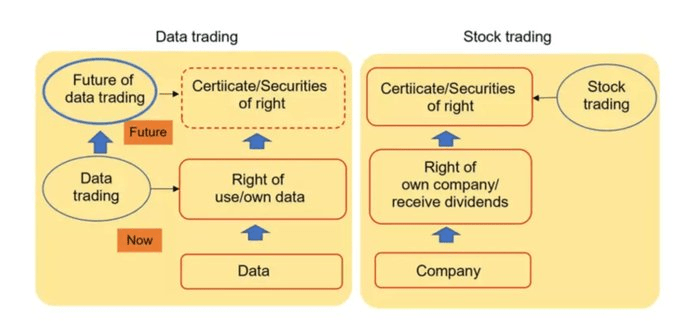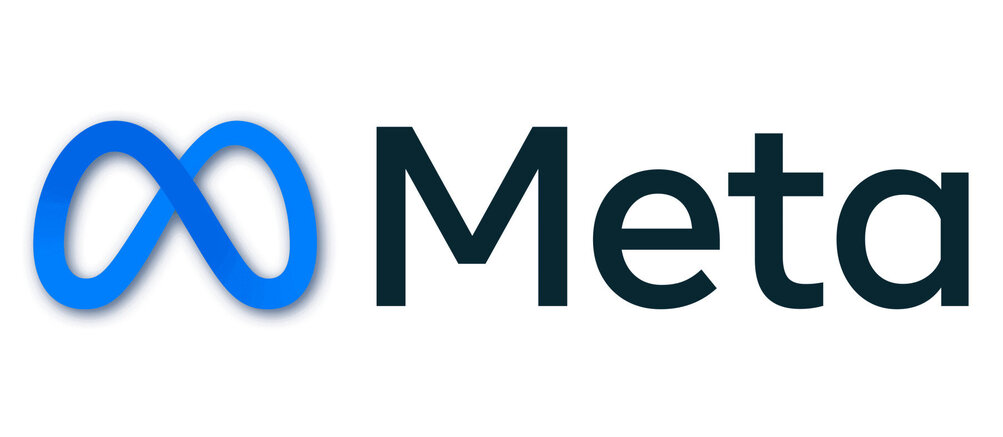- Data exchanges would allow data to be traded in an open, efficient and accountable way.
- Data as a commodity has different properties to traditional financial assets.
- We must develop new standards for valuation and regulation in order to trade data.
The digital revolution is flooding the world with data. By 2025, an astounding 175 zettabytes – that’s 175 trillion gigabytes – of new data is expected to be generated annually, a fivefold increase on 2018. Much of that data will end up sitting idle on servers and hard drives –unused, unanalyzed, and, perhaps worst of all, unshared.
Data is valuable only when it is in the right hands: One person’s meaningless statistic can be another person’s gold. If that other person is, say, an epidemiologist, a climate scientist, or an emergency worker in a natural disaster, the value of shared data can be measured in lives.
Mots-clés : cybersécurité, sécurité informatique, protection des données, menaces cybernétiques, veille cyber, analyse de vulnérabilités, sécurité des réseaux, cyberattaques, conformité RGPD, NIS2, DORA, PCIDSS, DEVSECOPS, eSANTE, intelligence artificielle, IA en cybersécurité, apprentissage automatique, deep learning, algorithmes de sécurité, détection des anomalies, systèmes intelligents, automatisation de la sécurité, IA pour la prévention des cyberattaques.






